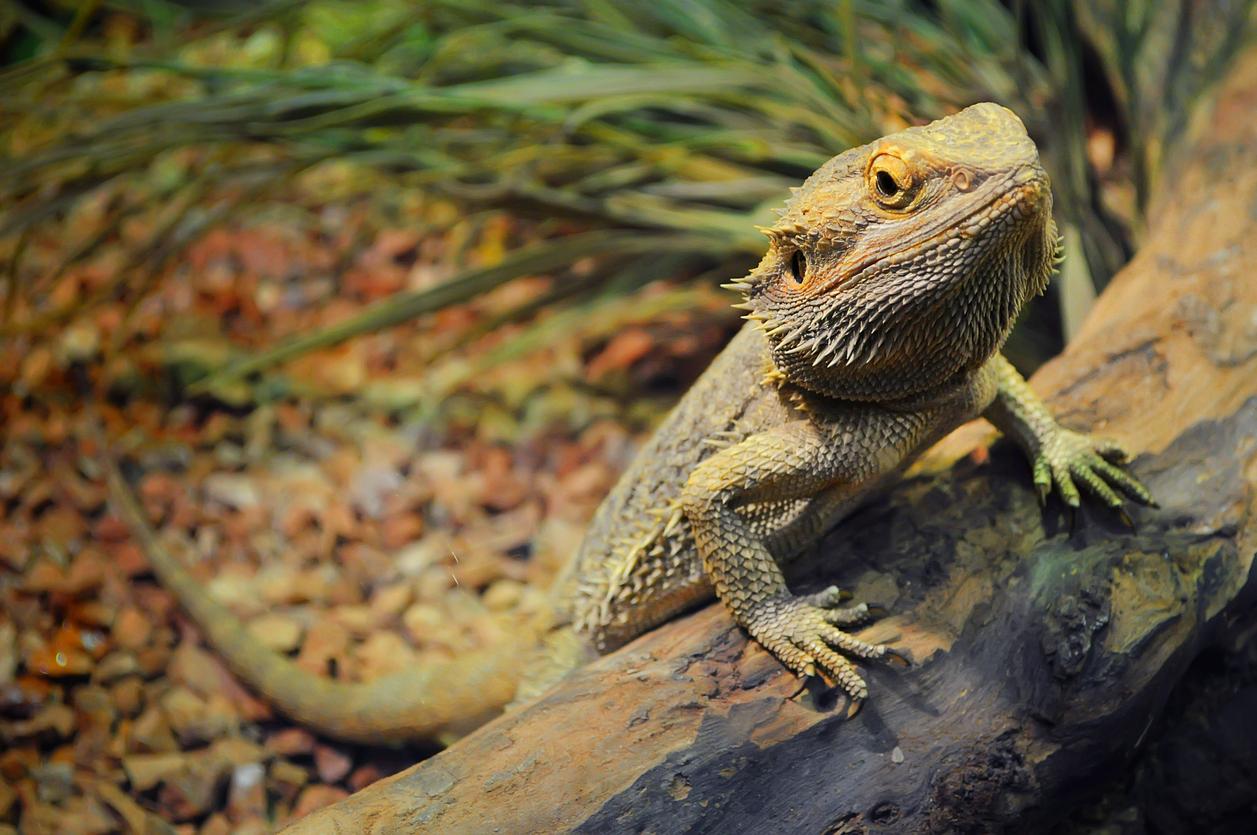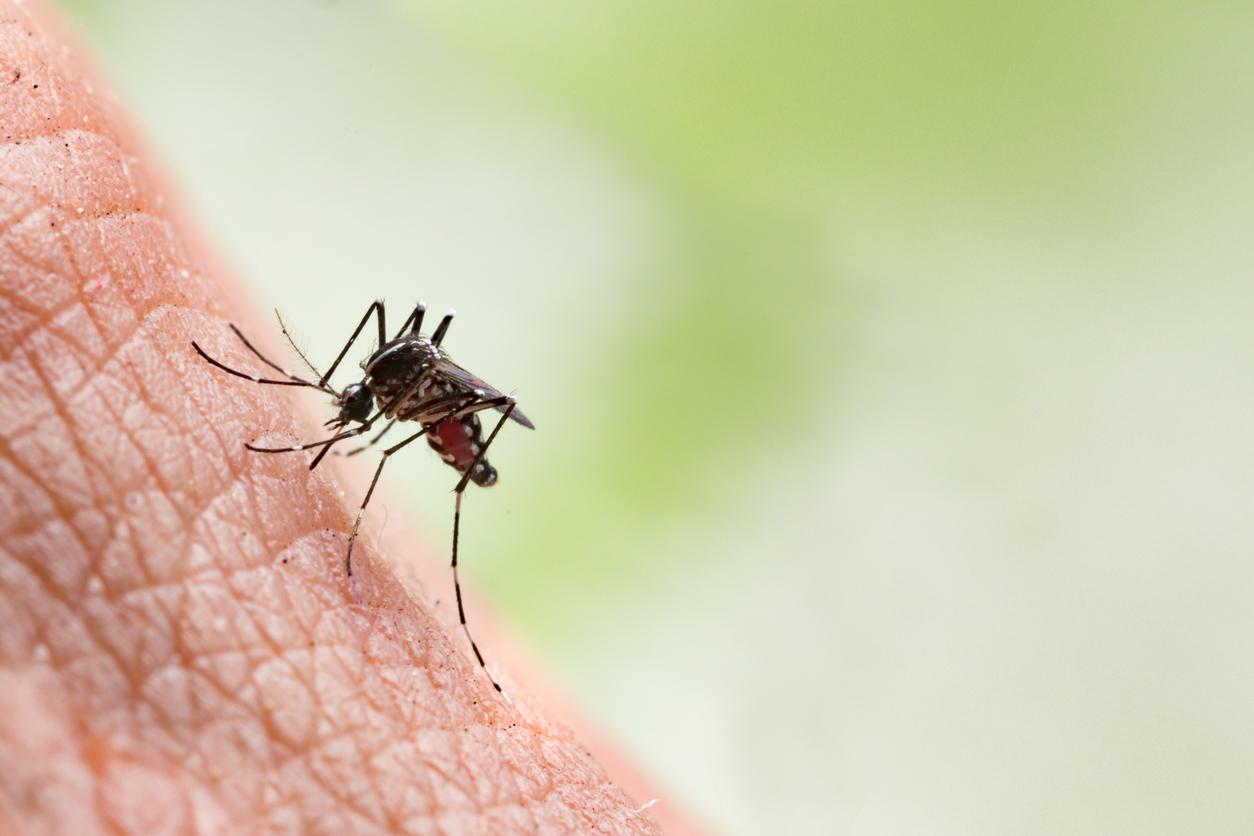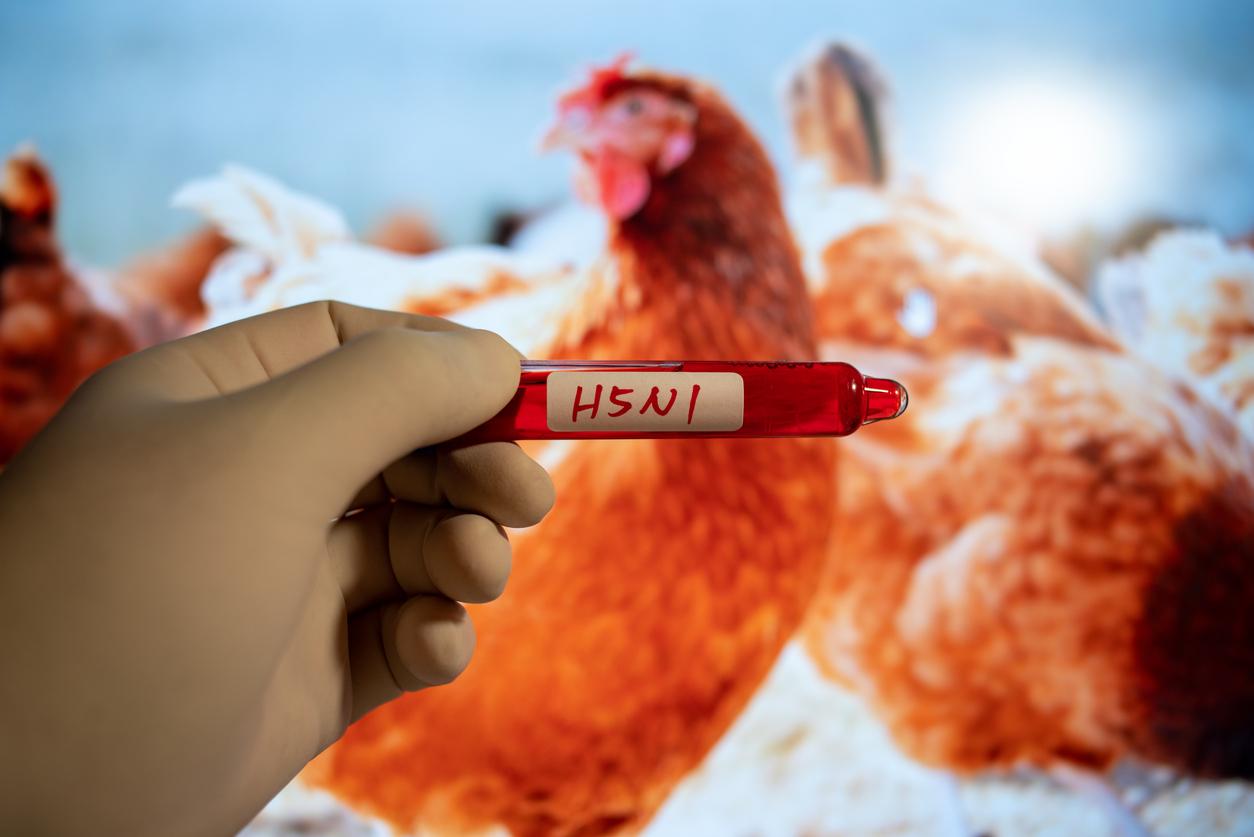
July 7, 2010 – Sadistic, mosquitoes? Absoutely! “They have killed more humans throughout history than any other creature, and they still kill three million people a year, through the transmission of malaria. “
This is indicated by Ariel Fenster, professor of chemistry at McGill University, who signs a post on the subject on the website of the Organization for Science and Society.1.
Mosquito bites also contribute to the spread of diseases, such as dengue fever, yellow fever and chikungunya, all transmitted by the proboscis of biting insects.
Fortunately, these scourges are absent from Quebec. West Nile virus, the only disease transmitted by mosquitoes in our country, is extremely rare. “The biggest drawbacks you have to deal with are the stinging and itching,” says Ariel Fenster. Still, bites can greatly inconvenience a hike or a picnic in the countryside …
It’s in the blood!

Ariel Fenster
It is only the females who annoy us by biting us, while the males peacefully forage for the nectar of the flowers.
In fact, females obey only their instinct for survival. They pierce our skin with their proboscis and suck our blood to extract the proteins necessary for the growth of their eggs. They leave behind some saliva, causing an allergic reaction with slight swelling and itching.
“Some people are not very sensitive to this type of allergy and are hardly bothered by bites, while others are more likely to be bites,” says Ariel Fenster.
Why?
“Mosquitoes are attracted to some proteins that circulate in our blood. However, the concentration of these proteins can vary depending on what we have eaten. It is sometimes said that vegetarians attract mosquitoes more than meat eaters, but this is not yet proven. “
Mosquitoes are also attracted to body heat, breath, and body odor, which vary from person to person.
How to protect yourself?
To prevent mosquito bites, DEET remains the best solution, according to Ariel Fenster. “Lemongrass is much less effective and takes less time. “
In too high a concentration, however, DEET can cause undesirable reactions. Health Canada approves products containing up to 30% DEET for adults and children over 12 years of age.
A maximum concentration of 10% is recommended for younger children. Lotion containing DEET should never be used in infants under 6 months of age.
To calm the itching and reduce swelling, a cold compress, baking soda paste, or calamine lotion can be applied to the bite site. If necessary, antihistamine drugs, such as Benadryl® or Chlor-Tripolon®, will be used.
|
Other biting insects Black flies (also called “midges”) do not bite: they bite! They cut the skin with their mandibles and drink our blood to nourish their eggs. Wasps and bees sting in self-defense when they feel threatened. They do not suck our blood, but inject with their sting a venom which can cause strong allergic reactions. As with mosquitoes, only females bother us. DEET is effective against flies, but not against bees or wasps. To avoid getting stung by these, one should refrain from vigorous waving of the arms when flying in the vicinity. |
Dominique Forget – PasseportSanté.net
1. On this subject, see Fenster A, What You Maybe Didn’t Know About Mosquitoes http://oss.mcgill.ca/cfranco/moustiques.pdf, July 2010. To visit the Organization’s website for science and society: http://oss.mcgill.ca/index.php [consulté le 7 juillet 2010].
















